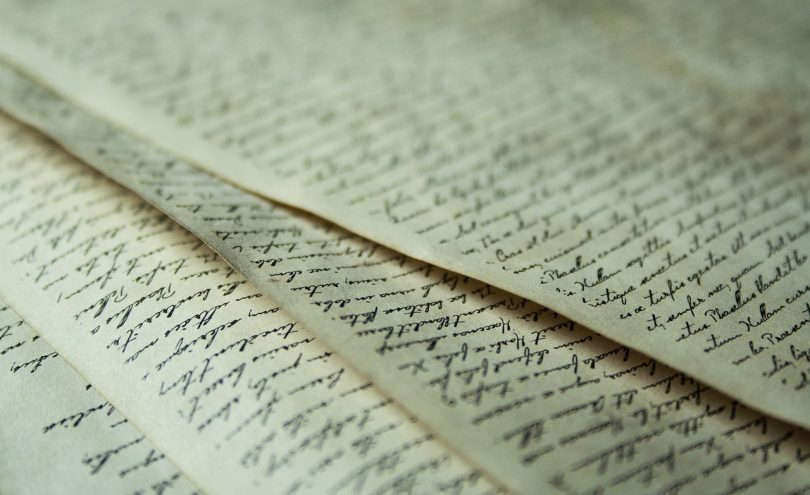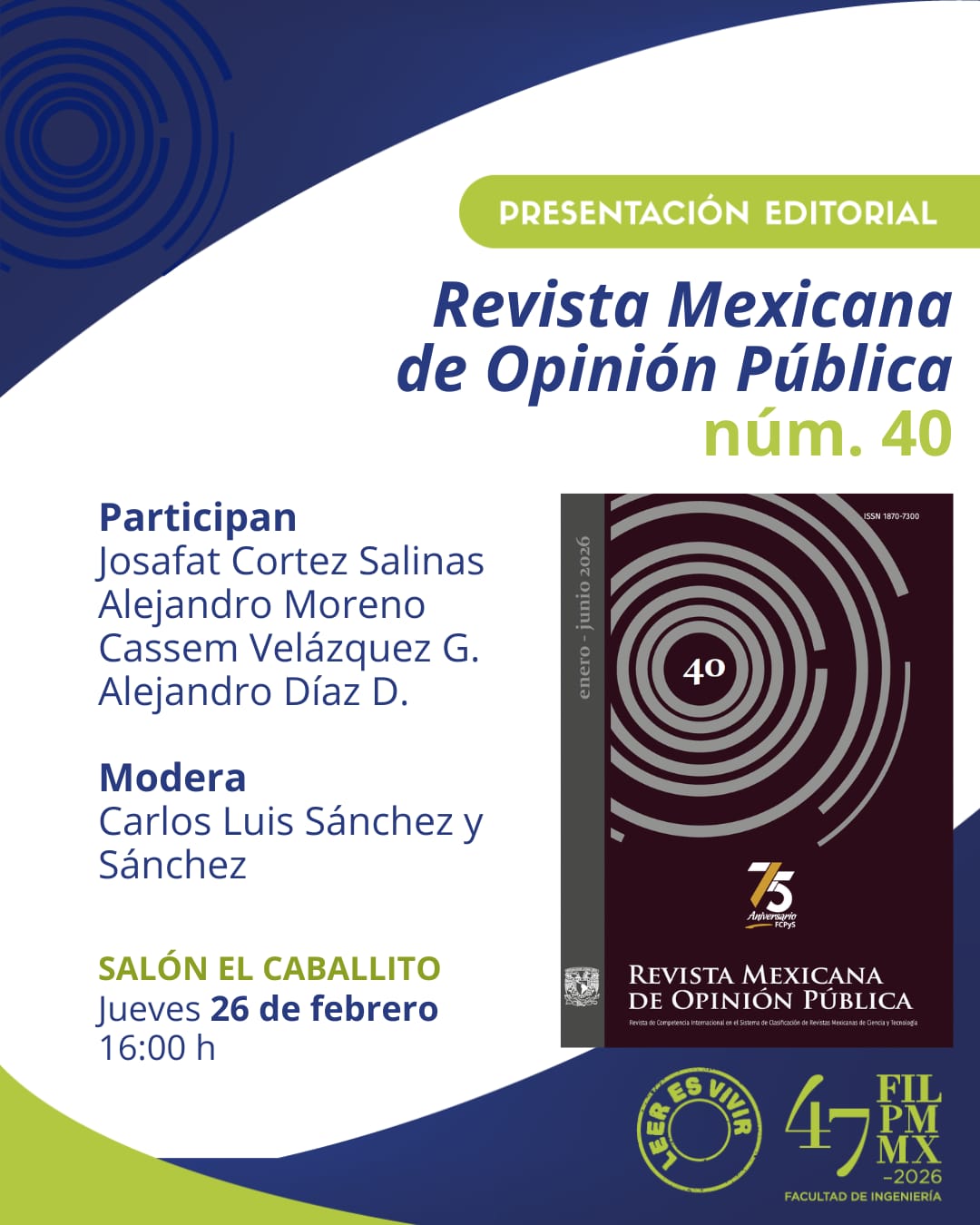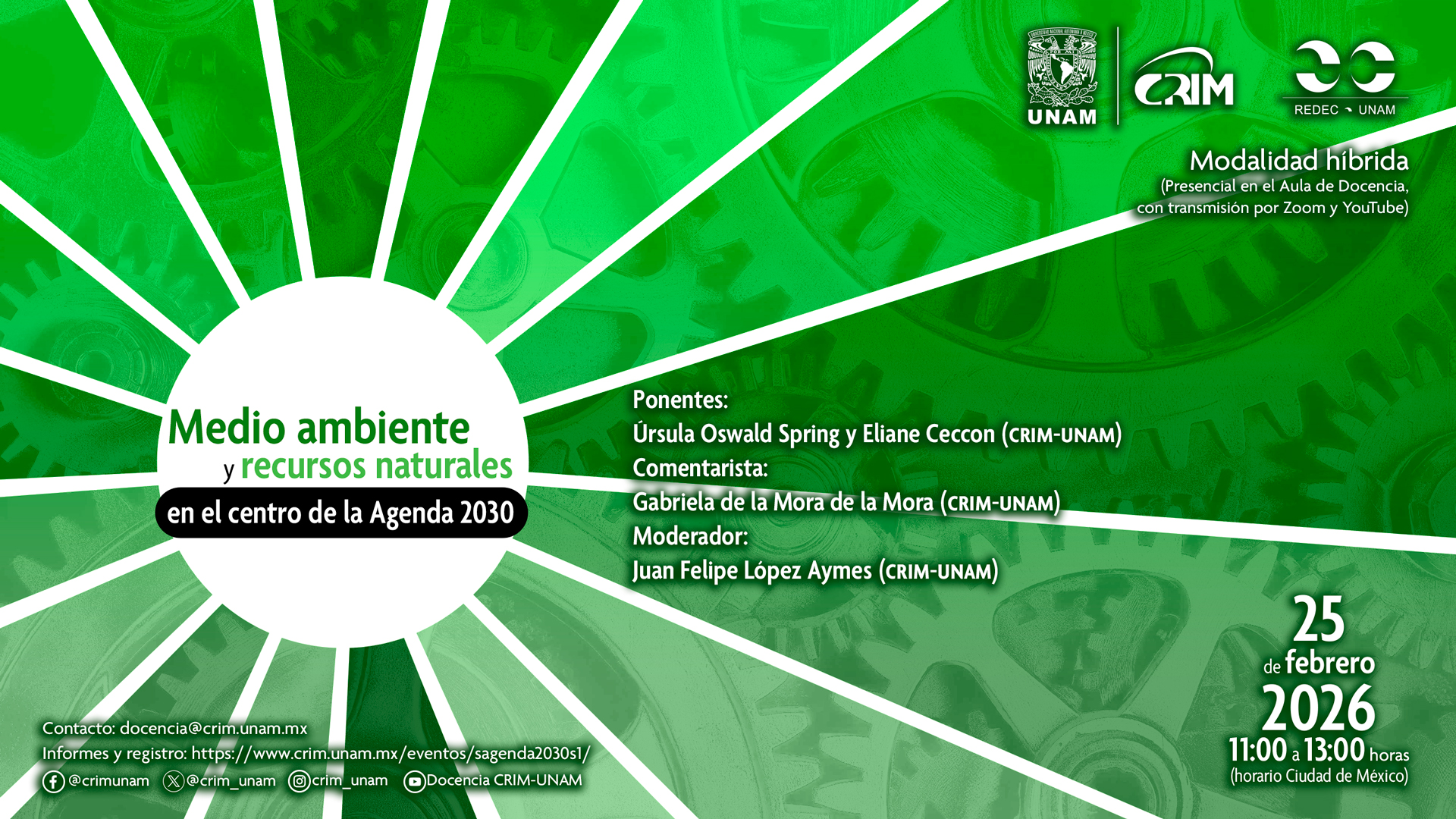History of Work: Remembering E.P. Thompson
‘History of Work: Remembering E.P. Thompson’, Conference, 2023′
‘It is neither poverty nor disease but work itself which casts the blackest shadow over the years of the Industrial Revolution.’ (Thompson [1963] 2013a, pp. 487-8)
The 60th Anniversary of E.P. Thompson’s hugely influential The Making of the English Working Class – a book credited with ‘the opening up of [a] new field[] of academic enquiry’ (Michael Kenny, introduction to the 2013 edition, p. v) – provides the inspiration for this one-day conference at the University of Malta, organised in collaboration with the Centre for Labour Studies at the University of Malta, and the Works in Progress Seminar Series (WIPSS).
This is an opportunity to look back at the research inspired by E.P. Thompson’s approach, and to give a space to the research it continues to inspire, in labour studies, social history, and related fields. This conference (to be conducted in hybrid online/in-person mode) responds to the ever-resounding call to examine the history of work, through the lens of the history of socioeconomic and class relations.
We are particularly interested in the interrelations between labour studies, law, and history. We especially welcome contributions focusing on these interrelationships as they manifest in local contexts, in the proto-industrial/industrial world as well as in other historical periods. We invite contributions that take a ‘longer’ view of history, examining it in terms of relationships and processes (Thompson 2013a, pp. 10-11) – while always holding history-as-experienced firmly at the centre:
But for those who live through it, history is neither ‘early’ nor ‘late’. ‘Forerunners’ are also the inheritors of another past. Men must be judged in their own context (Thompson 2013a, p. 648).
Thompson thus cautions against the skewing of perspective that may result in ‘discount[ing] the suffering of one generation against the gains of the future’; instead foregrounding and building upon the realisation that: ‘For those who suffered, this retrospective comfort is cold’ (2013a, p. 346). E.P. Thompson emphasises the importance of critical interrogation and contextualisation of sources and official narratives – advocating and demonstrating a way of ‘read[ing] backwards’, from the ‘documentary evidence’ that tends to authoritatively fill our archives, to seek out and attend to the less ‘articulate’ voices in the records (2013a, pp. 59-62), coming ‘from below’ (Thompson 1966) with their own distinctive agency – ‘The working class made itself as much as it was made’ (2013a, p. 213). Thompson’s approach accordingly urges us to take into account customs, and values – values being ‘those questions of human satisfaction, and of the direction of social change, which the historian ought to ponder if history is to claim a position among the significant humanities’ (Thompson 2013a, p. 485).
For Thompson, history was always also about the dynamics that shape our own time, so we also welcome considerations of the questions: what are the demands placed on ‘doing history’ today? What duties (of direct engagement?, of commentary?, of activism?) are inherent in the socially-engaged labour historian’s role?
As we see [hand-loom weaver, artisan or village craftsman] change, so we see how we became what we are. We understand more clearly what was lost, what was driven ‘underground’, what is still unresolved. (Thompson 2013a, pp. 485-6)
We also welcome papers on literature’s relation to the history of work. E.P. Thompson was a poet and taught literature, alongside history. The Warwick Centre historians were keenly sensitive to the roles played by literature: not only for its capacity to deliver devastatingly critical and insightful observations on context (e.g. the Irish poet Oliver Goldsmith on the commodification, accompanying the mobility, of labour: ‘Have we not seen, round Britain’s peopled shore,/Her useful sons exchang’d for useless ore?’ – ‘The Traveller’, 1764), but also as a formative intervention in public life, contributing to the emerging identity and self-organisation of workers (‘[Bunyan’s] Pilgrim’s Progress is, with [Paine’s] Rights of Man, one of the two foundation texts of the English working-class movement’, mapping ’the inner spiritual landscape of the poor man’s Dissent’, marked by ‘conflict’ and ‘constantly under threat from the other [outer] world’ (Thompson 2013a, p. 34)). Moreover, literature is embedded within historical processes (see e.g. Linebaugh’s reading of historical socioeconomic shifts, revolution and counter-revolution, through Milton’s Paradise Lost, 1991, pp. 42-73), and participates in intellectual history and political thought (see e.g. Thompson 1999).
Professor of Sociology Godfrey Baldacchino (UM) will be a keynote speaker; with a second keynote speaker soon TBA. Professor Edward Zammit, founder of the Centre for Labour Studies (UM), will be delivering the closing address.
Presentations will be 15-20 minutes long, followed by a Q&A and discussion. The conference will be held at the University of Malta (Valletta Campus) on the 13th of October 2023. Please submit a 150-word bio and an anonymised 250-word abstract in separate documents to howconference2023@um.edu.mt, by 27 April 2023. Results will be communicated in April/May.
You can find the registration form and more details on the conference here
We invite papers in the following (and related) areas:
- Local histories of workers’ collectives, collective identity, class consciousness, and collective action; and of the grounds for collectivisation and solidarity
- History of public protest and assembly, their suppression, and the strategies (including ‘underground traditions’, Thompson 2013a, p. 216) devised to circumvent repressive laws; recourse to a variety of means for protecting ‘criminals’ from prosecution – e.g. popular support against the authorities for practices such as smuggling, wrecking, and poaching; maintaining anonymity while writing in the ‘name’ of an injured group; etc – Hay et al. 1975)
- Histories of women at work and women’s resistance and collectives
- Minorities and work
- Relationship between law and class: law as mediating relations, used by both oppressor and oppressed for ‘the regulation and reconciliation of conflicts through the rule of law’ (Thompson 2013b, p. 207)
- Customary rights in the rural commons, urban perquisites of labour, and their shifting status at law
- The shifting operations of power in the proto-industrial and industrialising period
- Historical shifts in temporal organisations of labour, e.g. time discipline and its relation to work-life balance
- History of migration and work, including the mobility of labour in colonialism
- History of precarious labour
- Revisiting the ‘moral economy of the crowd’ (Thompson 1980) through studies of public history and public participation today
- P. Thompson and (post-)workerism
- Literary histories of work; literature as actively participating in the history of political thought
- Reconsidering/re-engaging with E.P. Thompson’s challenge (from within the left) to dominant strains in Marxist theory; see, e.g. The Poverty of Theory (Thompson 1978)
- Reflections on and analysis of the contributions of the Warwick Centre for the Study of Social History and its legacy today
- Applications of the Centre’s understanding of history to representations of work in different media, including historical fiction today
- The historian as activist
- P. Thomspon as poet
- What is the role of the social and labour historian today, or what could/should it be?
We also welcome submissions from academics working in disciplines that have historically neglected the history of work and class – for example, the history of science, the history of the ancient world – to use this conference as an opportunity to re-examine crucial episodes within their respective disciplines.
We also encourage submissions from independent scholars and academics in precarious employment conditions.
If you have any questions, you may contact the organisers Krista Bonello Rutter Giappone, Jurgen R. Gatt, and Francois Zammit
List of works herein cited
Hay, D. et al. (2011). Albion’s Fatal Tree: Crime and Society in Eighteenth-Century England London: Verso.
Linebaugh, P. (2006). The London Hanged: Crime and Civil Society in the Eighteenth Century London: Verso.
Thompson, E.P. (1966). ‘History from Below’, The Times Literary Supplement.
Thompson, E.P. (1978). The Poverty of Theory, or an Orrery of Errors. https://www.marxists.org/archive/thompson-ep/1978/pot/essay.htm
Thompson, E.P. (1993). Customs in Common: Studies in Traditional Popular Culture. New York: New Press.
Thompson, E.P. (1999). The Romantics: England in a Revolutionary Age. New York: New Press.
Thompson, E.P. (2013a). The Making of the English Working Class. London: Penguin Books.
Thompson, E.P. (2013b). Whigs and Hunters: The Origin of the Black Act. London: Breviary Stuff Publications.
More information here>>
Te puede interesar
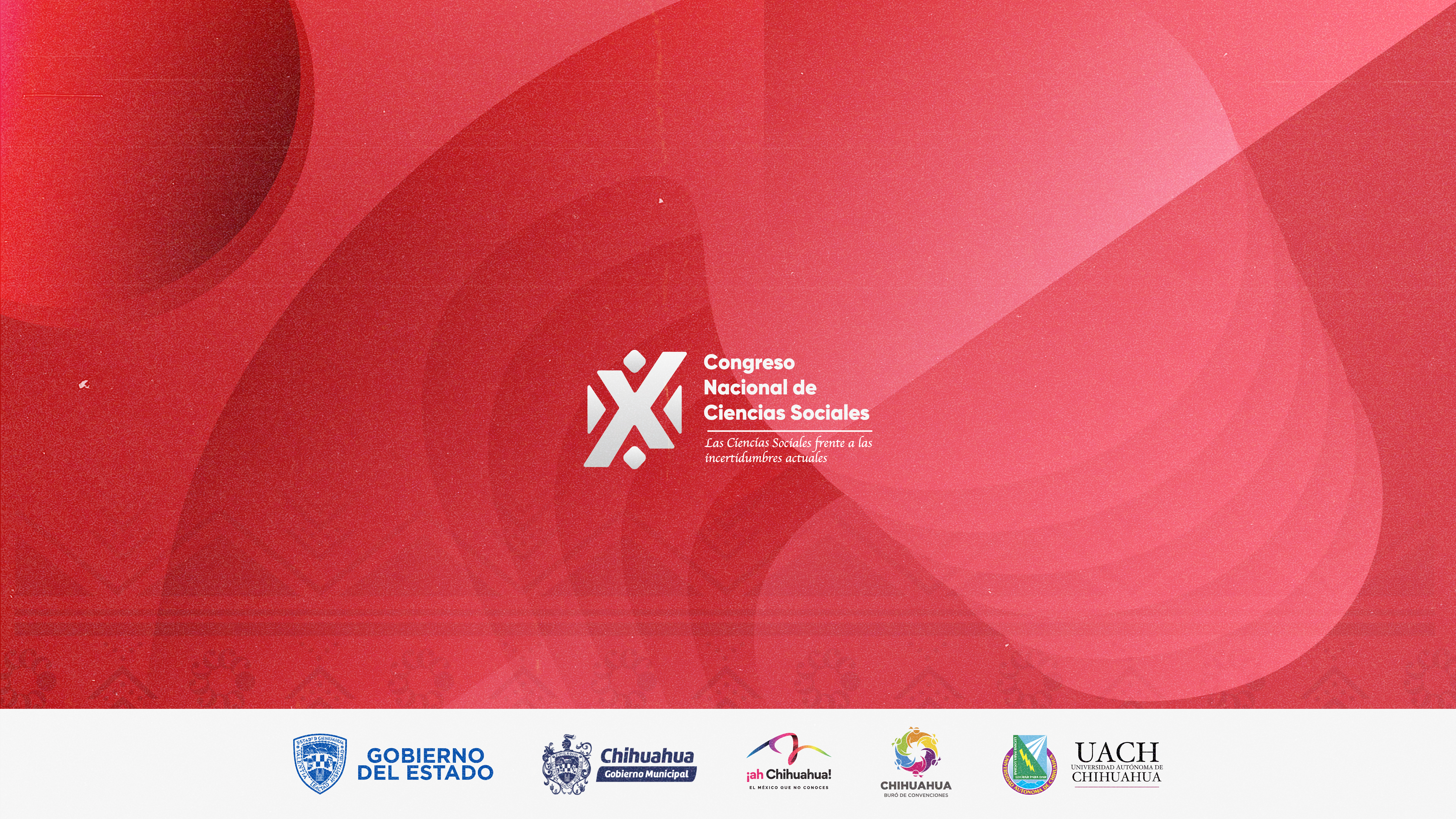
Convocatoria Feria del libro
Laura Gutiérrez - Feb 18, 2026FERIA DEL LIBRO X CONGRESO NACIONAL DE CIENCIAS SOCIALES “Las Ciencias Sociales frente a las incertidumbres actuales” INVITACIÓN Información general…

Hoteles con convenio | X Congreso Nacional de Ciencias Sociales
Laura Gutiérrez - Ene 28, 2026X Congreso Nacional de Ciencias Sociales Las Ciencias Sociales frente a las incertidumbres actuales del 23 al 27 de marzo…

Memorias del IX Congreso Nacional de Ciencias Sociales
Roberto Holguín Carrillo - Jul 02, 2025IX Congreso Nacional de Ciencias Sociales Las ciencias sociales y los retos para la democracia mexicana. Realizado en el Instituto…
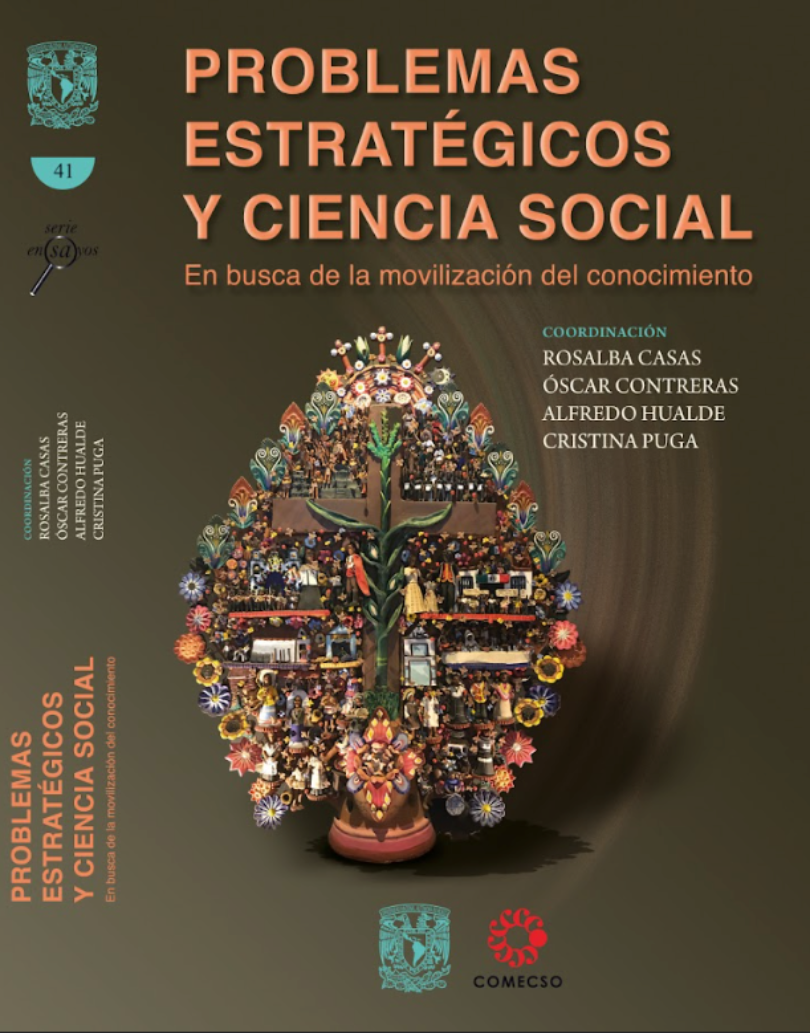
Problemas Estratégicos y Ciencia Social
comecso - Feb 18, 2026¡Nueva publicación, ineludible para quienes se desarrollan en el ámbito de las Ciencias Sociales! Nos complace anunciar la reciente publicación…
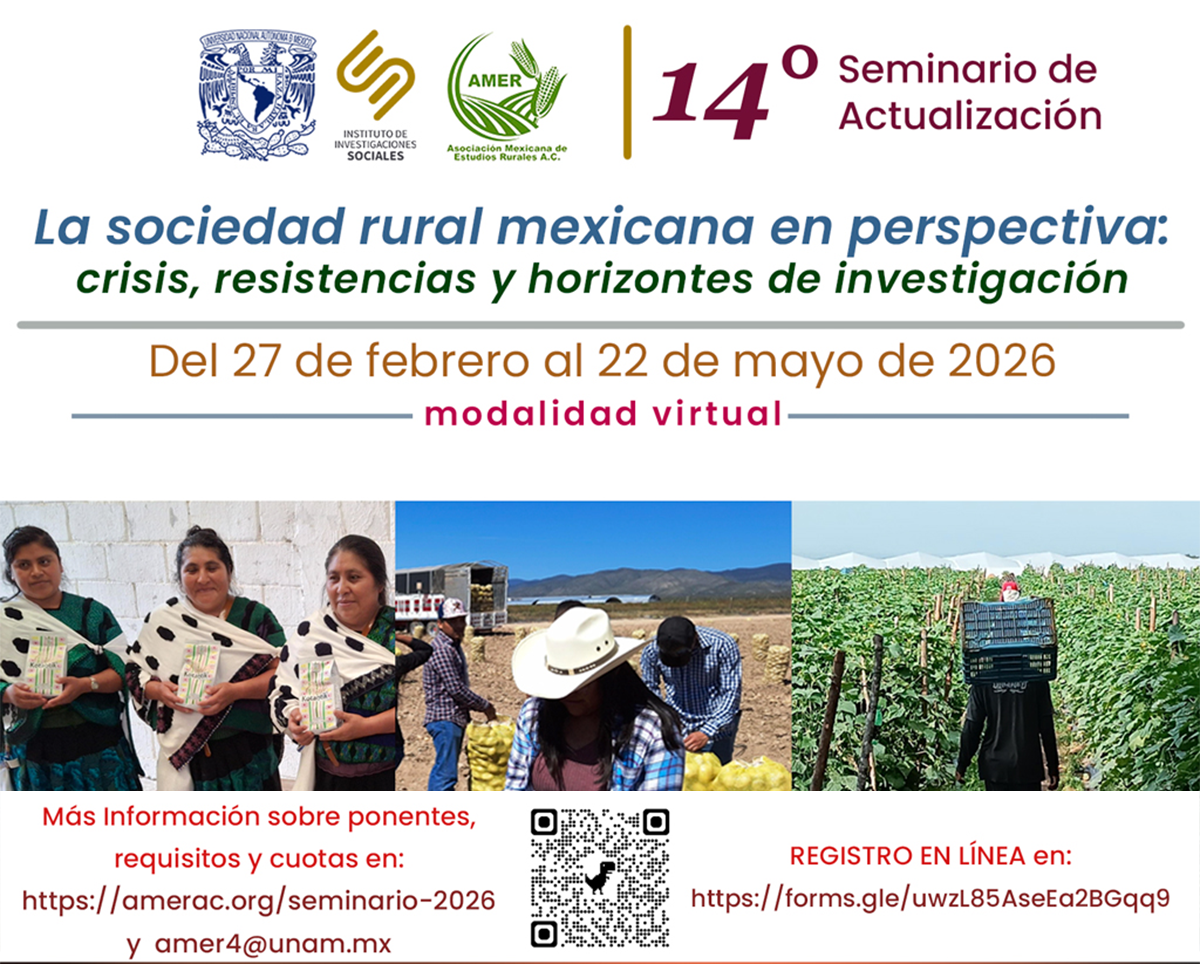
La sociedad rural mexicana en perspectiva
Laura Gutiérrez - Feb 18, 2026Universidad Nacional Autónoma de México, Instituto de Investigaciones Sociales y la Asociación Mexicana de Estudios Rurales, A.C. 14° Seminario de actualización…
